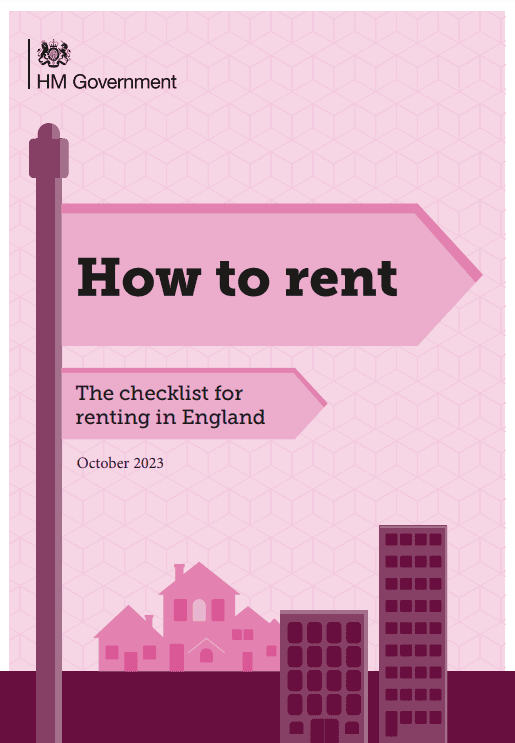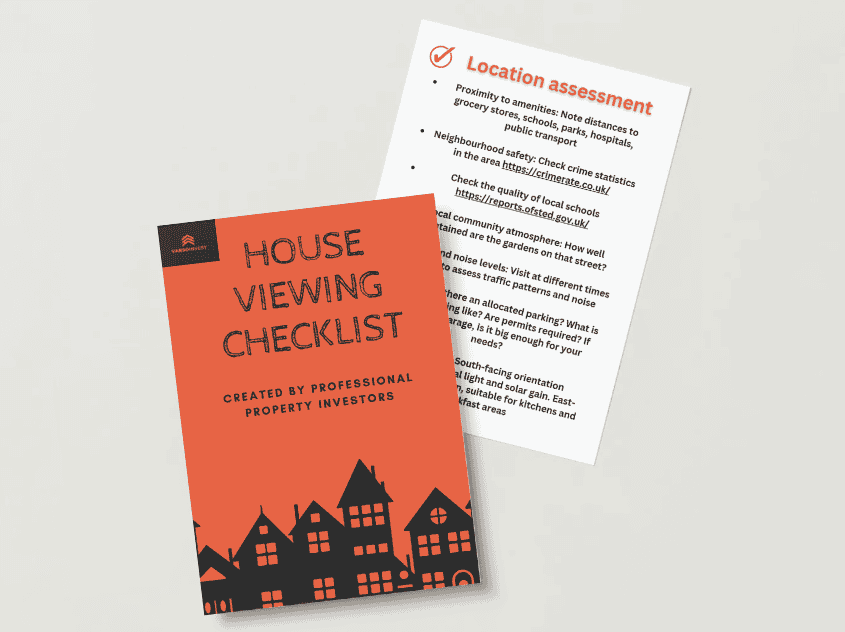invest in rental property uk
Table of Contents
Invest in rental property uk - Everything You Need To Know
Investing in rental property can be lucrative and rewarding, especially in the UK market.
You can build a successful real estate portfolio with the right approach that generates consistent passive income. In this comprehensive guide, we’ll explore the key considerations, tips, and best deals to help you make informed decisions when investing in rental properties in the UK.
Understanding the UK Rental property Market
The UK housing market has long been considered a stable and attractive investment opportunity. Over the past decade, rental yields in many regions have remained consistent, making the UK an appealing destination for real estate investors. However, it’s crucial to research local market trends and regulations to ensure a successful investment.
Rules and Regulations for UK Rental Property Investment
Familiarize yourself with the relevant rules and regulations. These include:
1. Landlord licensing: Depending on the location, you may need to obtain a landlord license or register your property.
2. Tenant rights: Understand the legal obligations regarding tenant rights, such as deposit protection and eviction procedures.
Landlords in England and Wales must provide their tenants with a copy of the government’s How to Rent guide when a tenant first moves in. The How to Rent guide is a booklet that explains the rental process, a tenant’s rights and responsibilities, and a landlord’s duties. You can dowload How to Rent guide here.
3. Tax considerations: Familiarize yourself with the tax implications of rental income, including income tax, capital gains tax, and any applicable stamp duty.
Tips for Successful UK Rental Property Investment
- Location, location, location: Carefully research the local market and identify areas with strong rental demand and growth potential.
- Conduct thorough due diligence: Inspect properties, evaluate rental yields, and assess potential maintenance and repair costs.
- Manage your finances: Ensure you have sufficient capital for the initial investment, as well as ongoing expenses such as mortgage payments, insurance, and property management.
- Build a reliable team: Surround yourself with experienced professionals, such as real estate agents, property managers, and legal advisors, to support your investment journey.
- Stay up-to-date with market trends: Continuously monitor the UK rental market and be prepared to adapt your strategy as conditions change.
Best Rental Property Deals in the UK
While the UK rental market is competitive, there are still pockets of opportunity for savvy investors. Some of the best rental property deals can be found in:
- Northern England: Cities like Manchester, Liverpool, and Sheffield often offer higher rental yields than southern regions.
- Scotland: Regions like Glasgow and Edinburgh have seen steady rental price growth in recent years.
- Midlands: Areas such as Birmingham and Nottingham can provide attractive investment opportunities.
UK Rental Property Tax Guide

Stamp Duty Land Tax (SDLT)
Stamp Duty Land Tax (SDLT) is a one-time tax on property purchases in England and Northern Ireland. It applies to both residential and commercial properties, with rates varying depending on the property’s value, buyer type, and residency status.
Key Points:
- Residential Properties: UK residents pay no Stamp Duty on homes under £250,000. Above this, rates range from 5% to 12%.
- Overseas Buyers: Non-UK residents pay an additional 2% surcharge on top of standard rates. This surcharge aims to level the playing field between local and international buyers.
In Scotland, buyers pay Land and Buildings Transaction Tax (LBTT), while in Wales, it’s called Land Transaction Tax (LTT). Each has its own rate structure but follows a similar tiered model.
Council Tax
Council Tax is a recurring annual tax that covers local services such as waste collection, schools, and street maintenance. Each property falls into a specific council tax band (A to H) based on its assessed value.
Key Points:
- For Residents: Council Tax is paid by the property’s occupier, typically the tenant if the property is rented.
- For Vacant Properties: If you own an empty property, you’re still liable for Council Tax. Some councils offer discounts for vacant or second homes, but rates vary by area.
- Overseas Investors: Non-resident landlords are still required to pay Council Tax on properties they own in the UK if they remain unoccupied.
Checking the tax band of any prospective property is crucial as it directly affects your yearly expenses.
Income Tax on Rental Income
Rental income is subject to Income Tax, regardless of whether the property owner resides in the UK or abroad. The tax applies to profits after allowable expenses are deducted, such as maintenance costs, property management fees, and mortgage interest.
Key Points:
- UK Residents: Landlords pay Income Tax based on their tax band, with rates ranging from 20% to 45%.
- Overseas Investors: Non-resident landlords must register with the Non-Resident Landlord (NRL) Scheme, allowing them to either pay tax through their agent or directly to HMRC. Overseas investors are taxed at the same rates as residents.
Deductions for expenses can significantly reduce taxable income, so keeping accurate records is essential.
Capital Gains Tax (CGT)
Capital Gains Tax applies when you sell a property and profit from the sale. Only gains above the annual exemption (£6,000 for individuals in 2023/24) are taxed.
Key Points:
- UK Residents: For residential properties, CGT is 18% for basic-rate taxpayers and 28% for higher-rate taxpayers.
- Overseas Investors: Non-residents are also subject to CGT on UK property sales, a rule implemented in 2015. CGT rates mirror those for UK residents.
To avoid unexpected tax bills, calculate potential CGT liabilities before selling a property.
A buy-to-let mortgage in rental property
A buy-to-let mortgage in the UK is a type of loan specifically designed for properties that will be rented out. Unlike residential mortgages, buy-to-let mortgages are assessed based on potential rental income rather than the borrower’s salary. The UK buy-to-let market is highly popular due to tax incentives and flexible financing options, which make it competitive compared to other countries.
Requirements
- Minimum Deposit: Typically, a 25% deposit is required.
- Age and Income Criteria: Investors must be at least 21 years old, and some lenders require a minimum income (e.g., £25,000 annually).
- Rental Coverage: Mortgage approval often requires that rental income covers 125% to 145% of the mortgage payment.
Basic Rules
- Interest Rates: Generally higher than for residential mortgages due to higher perceived risk.
- Repayment Options: Interest-only mortgages are common, reducing monthly payments and maximizing rental yield.
- Property Type: Some lenders restrict buy-to-let loans on non-standard properties or certain high-rise buildings.
Leverage is a Superpower
Using leverage can drastically increase ROI, turning a modest capital gain into impressive returns, a key advantage over other investment types.
Historically, global equities outperform property without leverage, but it becomes a more attractive investment option when leverage is applied to property.
⚠️ Understanding Risks: While leverage enhances returns, it also amplifies losses, necessitating a careful approach to property investment and risk management.
🏠 Leverage amplifies property investment returns significantly.
📉 Property prices don’t need to boom for big profits.
⏳ Time is essential for capital growth and risk mitigation.
💰 Discounts at purchase can enhance ROI substantially.
The Property Guru Trap: Save Your Money
Avoid wasting thousands on property investment courses and real estate gurus who make more money teaching than investing. Instead, access free knowledge through proven YouTube channels like Property Hub, invest in sub-£20 property books on Amazon, and join local real estate investment groups to gain practical insights and start your property investment journey.
What They Don't Tell You About invest in rental property
Most paid courses repackage basic information:
- How to analyze rental yields
- Finding below-market properties
- Calculating renovation costs
- Managing tenants
- Understanding local regulations
This knowledge is freely available.
Access our portfolio of over £350M worth of pre-sourced, off-market investment properties, and we’ll show you how to generate £5k+ a month.
invest in rental property uk - First step
To secure your first mortgage or remortgage, you don’t need to visit every bank to compare offers. A broker does this for you, analyzing the mortgage market, tracking changes, and navigating regulations—all to save you time and money.
The same principle applies to property investment in the UK. While visiting a few properties yourself is valuable, finding the right deal can be overwhelming, costly, and frustrating if mistakes are made.
If you’re buying your first UK buy-to-let property, working with experts who’ve successfully purchased multiple investment properties is wiser.
Our team guides you through every step, from locating potential investments to tenant management.
First, we identify promising properties. Then, our research goes deep. During inspections, nothing gets missed. Our negotiators drive hard bargains, securing the best price.
Need renovations? We handle it. Our contractors turn outdated spaces into modern, appealing properties. Then we find tenants, meticulously screening each applicant—no shortcuts.
We also manage the day-to-day. Tenant calls, repairs, and routine maintenance? We cover them.
Our Process:
- Property Identification • Locate promising investment opportunities • Conduct thorough market research • Perform detailed property inspections
- Price Negotiation • Expert negotiators secure optimal deals • Maximize investment value • Handle all purchase procedures
- Property Preparation • Manage renovation projects • Transform properties to modern standards • Work with reliable contractors
- Tenant Management • Comprehensive tenant screening • Handle all tenant communications • Coordinate repairs and maintenance
Your involvement is up to you. Would you prefer weekly updates? You’ll receive them. Would you prefer monthly summaries? That works, too.
Personal Experience and Insights
Here’s a more naturally flowing version with varied sentence structure:
I’ve spent 15 years in UK real estate. Buy-to-let properties changed my life. The monthly rental payments create reliable income, though it didn’t happen overnight. Some months tested my patience.
Managing properties takes work. You’ll deal with tenant calls at odd hours. Local councils have endless regulations. Each year brings new rules about energy certificates and safety checks. Yet I wouldn’t trade it for anything.
Want my advice? Start small. Learn the basics. Build a solid financial cushion first – you’ll need it. And don’t go it alone. My mortgage broker and property manager are worth their weight in gold. Link up with experienced landlords in your area too. They’ve seen it all.
I started with one tarraced house near Cambridge. Today I’ve got few more… Each one taught me something new. Take your time, do your homework, and success will follow.

P. Mrugacz
"I haven't credibly covered a property market since the erection of Hadrian's Wall. But I persist."






